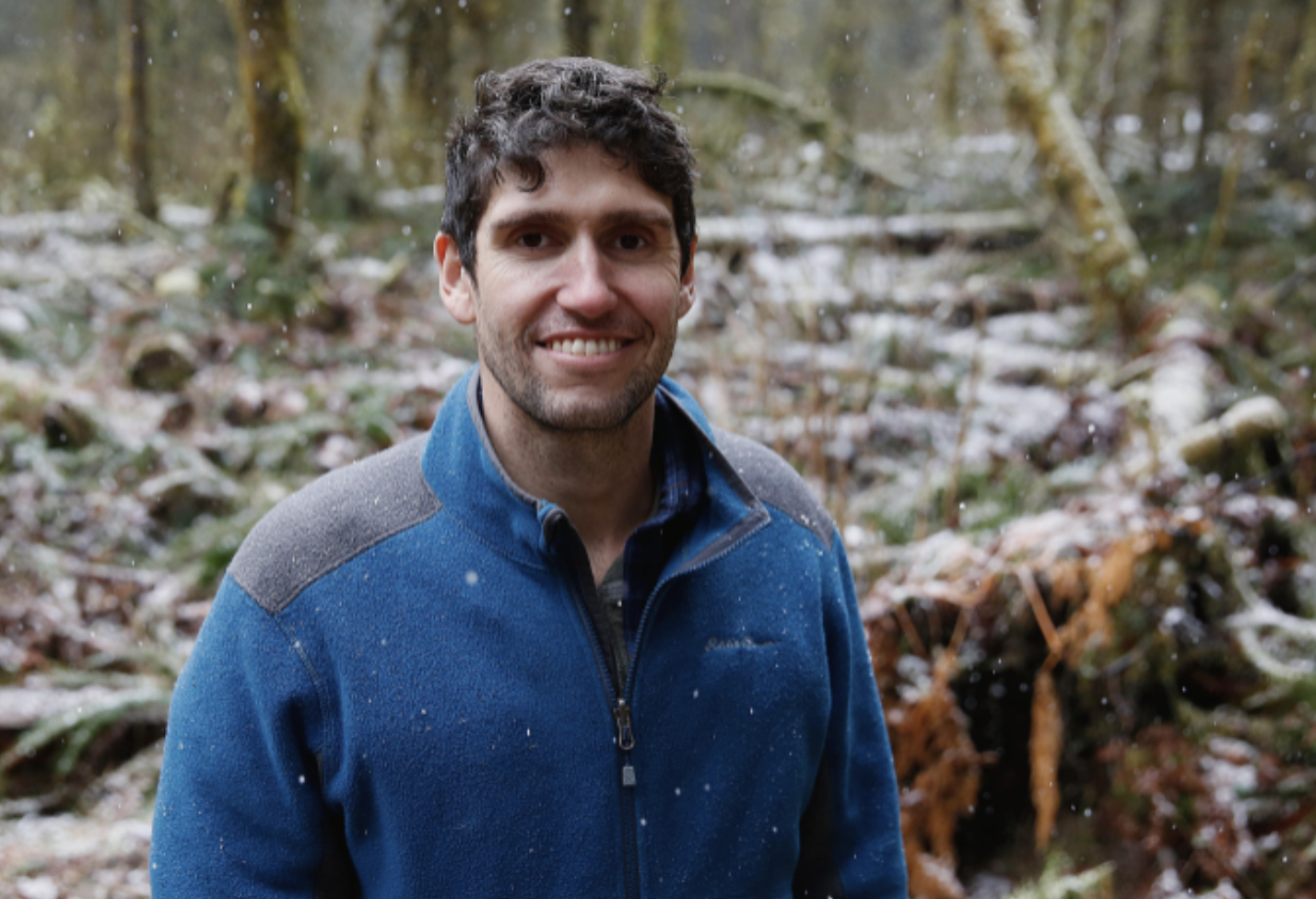CROSSINGS: How Road Ecology Is Shaping the Future of Our Planet.
Some 40 million miles of roadways encircle the earth, yet we tend to regard them only as infrastructure for human convenience. While roads are so ubiquitous they’re practically invisible to us, wild animals experience them as alien forces of death and disruption. More than a million animals are killed by cars each day in the U.S. alone; creatures from antelope to salmon are losing their ability to migrate in search of food and mates; and the very noise of traffic chases songbirds from vast swaths of habitat. Today road ecologists are seeking to blunt that destruction through innovative solutions. Conservationists are building bridges for California’s mountain lions and tunnels for English toads, engineers are deconstructing the labyrinth of logging roads that web national forests, and community organizers are working to undo the havoc highways have wreaked upon American cities. In his talk, Ben Goldfarb will discuss the ecological harms wrought by transportation and the movement to redress them — and how we can create a better, safer world for all living beings.
Ben Goldfarb is an environmental journalist whose work has appeared in publications including National Geographic, the Atlantic, and the New York Times. He is the author of Crossings: How Road Ecology Is Shaping the Future of Our Planet and Eager: The Surprising, Secret Life of Beavers and Why They Matter, winner of the PEN/E.O. Wilson Literary Science Writing Award. He lives in Colorado with his wife, Elise, and his dog, Kit — which is, of course, what you call a baby beaver.

